The above trend reflects not only cultural curiosity, but also the young generation's desire to reach out to the world in the context of globalization.
According to a study by the South Korean Ministry of Education , tens of thousands of people, especially those in their 20s and 30s, are taking free online courses from the National Institute for International Education (NIIED), choosing less popular languages such as Ukrainian, Portuguese or Swahili.
For many learners, a language is a gateway to culture. “I started learning Ukrainian so I could communicate with my foreign friends,” said Oh Min-kyung, 26, an office worker in Seoul. “When I could say a few phrases in their native language, I felt a special connection. That made me want to learn Turkish and visit the country.”
The National Institute of International Education (NIIED) has been implementing the “Strategic Foreign Language Learning” program since 2020. According to the law, there are 53 languages classified as “strategic”, that is, important for national development, including 12 languages in the Middle East and Africa, 18 European languages, 14 languages in South and Southeast Asia (including Vietnamese), 7 European and Asian languages and 2 languages in Latin America.
The courses are held online, in collaboration with many major universities such as Dankook and Hankuk. In the second half of this year, the program opened 132 courses in 25 different languages. The number of registrations increased rapidly from 627 students in 2020 to 6,300, a tenfold increase. On September 1, 16,300 students accessed the website at the same time, causing it to crash.
Notably, 80.6% of students are in their 20s and 30s, an age group that shows dynamism, readiness for challenges and the expansion of international career opportunities.
Some students see it as preparation for emigration or remote work. Ha Hyun-joo, 23, signed up for Swedish classes after visiting the country. “I admire the welfare system there and want to live in Sweden. I will start by learning the language,” she said.
What makes the courses so popular is the quality and openness. The lectures are taught by professors and language experts, and have been rated 93 to 95 out of 100 for satisfaction over the past 5 years.
The phenomenon of young South Koreans learning “strategic languages” is more than just a fad. It represents a generational shift from focusing on traditional languages like English, Chinese, and Japanese to seeking out less common languages, reflecting a global outlook and cultural openness.
Many learners see foreign languages as more than just a hobby. Lee Hee-ryeong, 31, who is learning Persian, said: “When you learn a language, you learn how other people think and see the world. I had never heard Persian before, but now I love the sound of it.”
Source: https://giaoducthoidai.vn/con-sot-hoc-tieng-la-cua-gioi-tre-han-quoc-post751725.html




![[Photo] Close-up of Ba Ha River Hydropower Plant operating to regulate water to downstream](/_next/image?url=https%3A%2F%2Fvphoto.vietnam.vn%2Fthumb%2F1200x675%2Fvietnam%2Fresource%2FIMAGE%2F2025%2F11%2F25%2F1764059721084_image-6486-jpg.webp&w=3840&q=75)


![[Photo] Prime Minister Pham Minh Chinh receives Governor of Gunma Prefecture (Japan) and Special Advisor to the Japan-Vietnam Friendship Parliamentary Alliance](/_next/image?url=https%3A%2F%2Fvphoto.vietnam.vn%2Fthumb%2F1200x675%2Fvietnam%2Fresource%2FIMAGE%2F2025%2F11%2F25%2F1764066321008_dsc-1312-jpg.webp&w=3840&q=75)


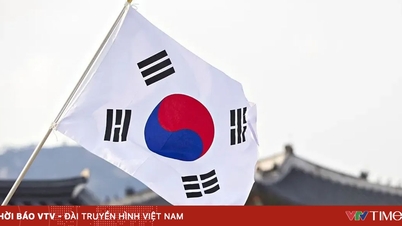

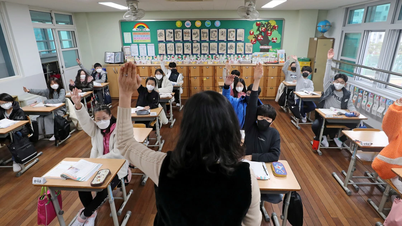


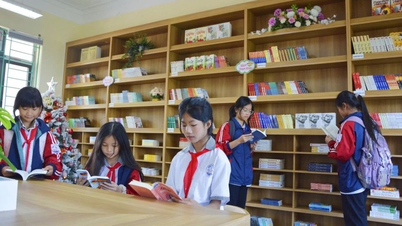

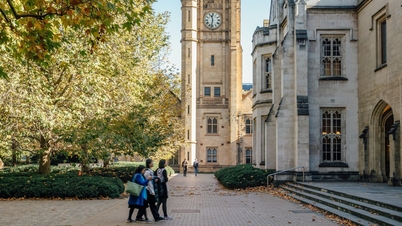

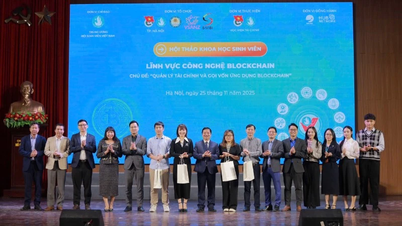

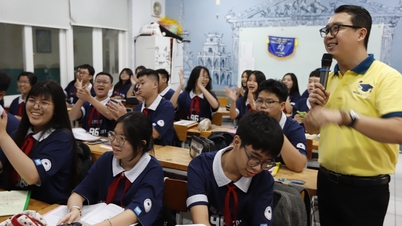
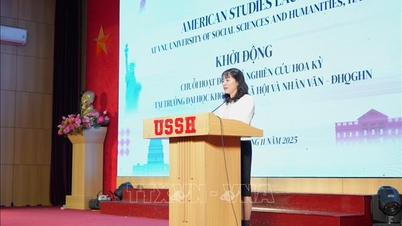





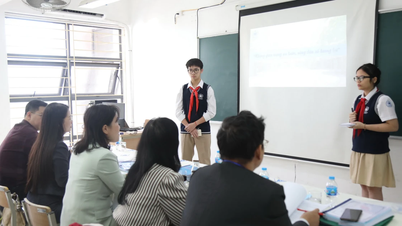
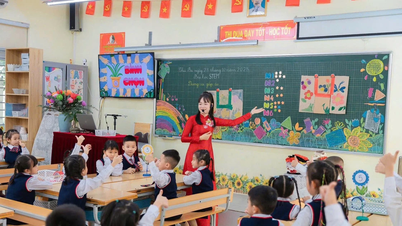
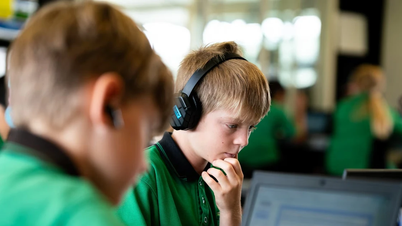

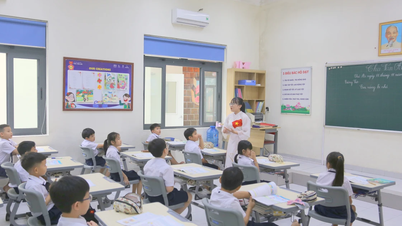
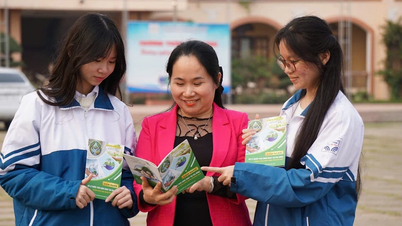


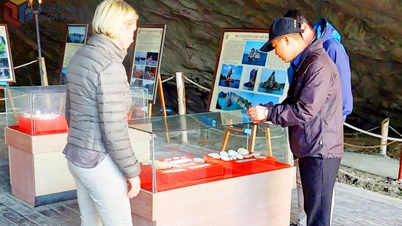




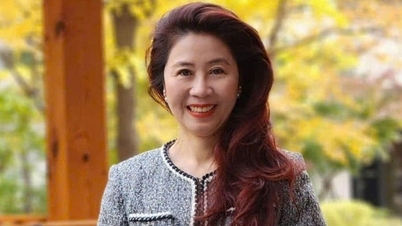
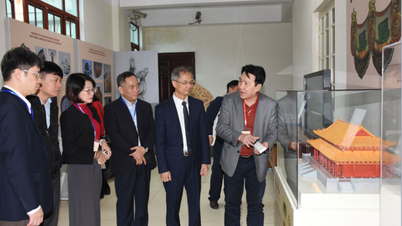

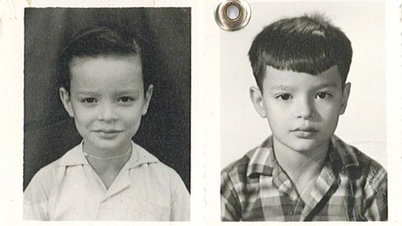

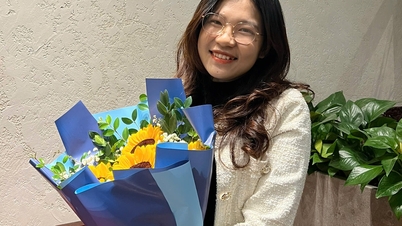




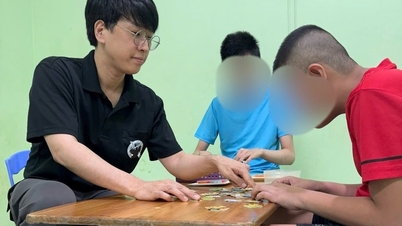
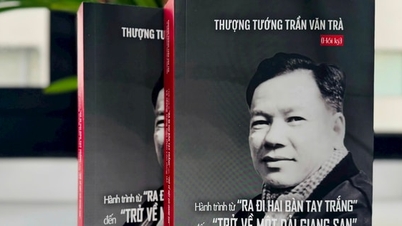

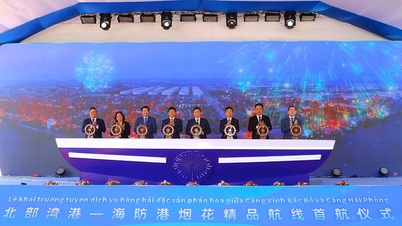

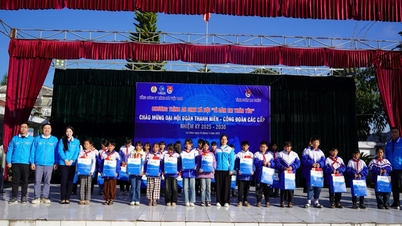
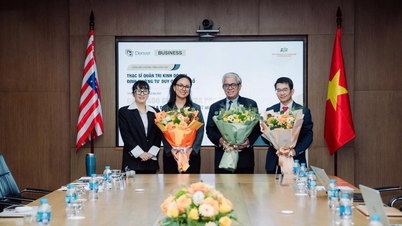

![[Answer] Should I install an elevator for an old renovated house?](https://vphoto.vietnam.vn/thumb/402x226/vietnam/resource/IMAGE/2025/11/25/1764039191595_co-nen-lap-thang-may-cho-nha-cai-tao-cu-khong-04.jpeg)

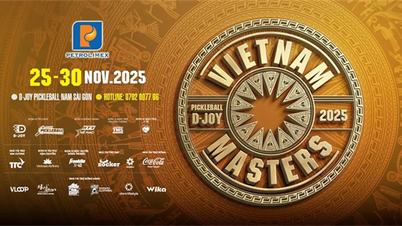






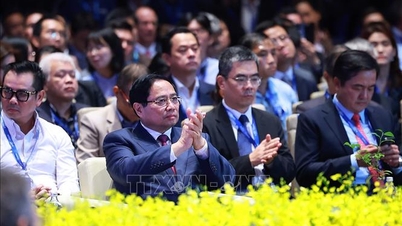

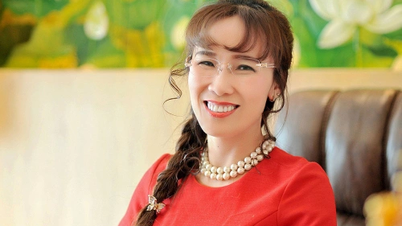
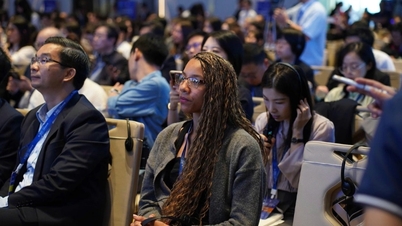







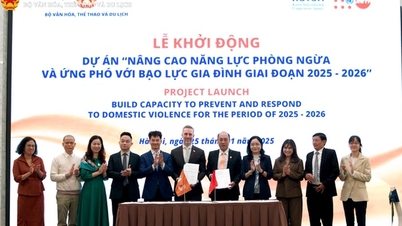

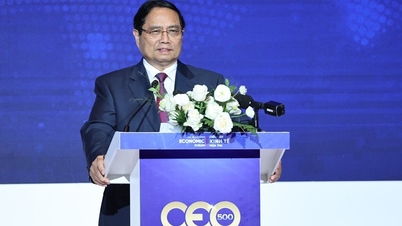

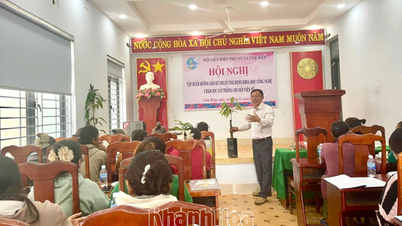


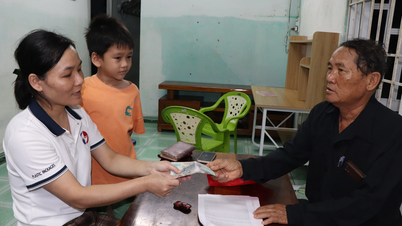

















Comment (0)